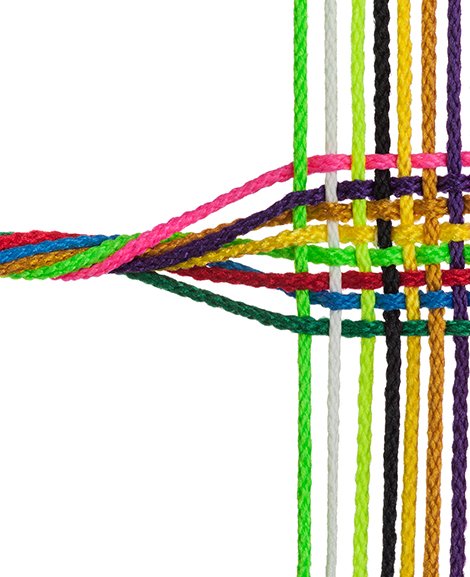The projects
The program supported twelve organizations to carry out projects with an intersectional approach to reducing inequalities. With their deep understanding of and engagement with intersectionality, the partners provide insights into innovative and impactful approaches to reducing inequalities. The selected projects represent a diverse spectrum of organizations, located in all parts of the world, and focusing on various intersections of inequality, from race, gender and migration to climate change and technology; thus showing the breadth, scope and potential of applying intersectionality across different regional and thematic contexts. Building on the knowledge gained through their individual projects, partners also shared and reflected collectively on their experiences with intersectional practice through facilitated learning exchanges, which aimed to distill and share lessons and practices more broadly.
The world is upside down and looks distorted? This map is based on the Hobo-Dyer Projection, which presents countries in their true proportion to one another, places the Global South at the top and is Pacific-centered – an invitation to change the perspective on the world. In the highlighted regions, the Foundation supports projects that want to reduce inequality with an intersectional approach.


